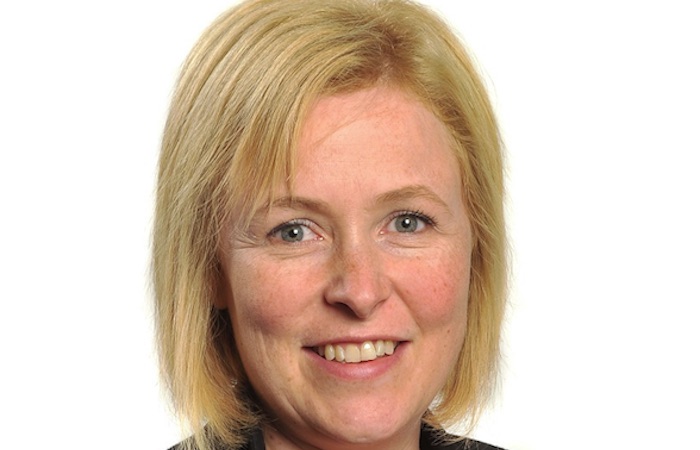
2018 is set to be a hugely challenging year for big employers, with issues such as worker status and rights, and the gender pay gap firmly on the agenda. What is more, it looks like these crucial issues will be played out under the full glare of the national press.
We have already started to see employers publish their gender pay gap and many of those that have done so have been the subject of scrutiny in the press. Ladbrokes, Easyjet and Virgin Money are three major organisations with gender pay gaps of more than 15%.
It is difficult for employers; the regulations do not require them to look at men and women performing similar roles, simply to publish the difference in pay, regardless of role.
Gender pay gap reporting is, therefore, not about equal pay. Rather it is about whether there is an overall gender pay gap. Easyjet, for example, says that the reason women are paid 52% less than men is due to the fact that only 6% of its pilots, with an average pay of £92,400, are women.
What this means is that some employers are going to get a bad press for apparently paying men more than women, when, in fact, they could have complied with all their legal obligations and be very good employers.
Would it have been helpful to require employers to publish more detailed information? Possibly. However, the gender pay reporting regulations are already proving time consuming for employers and requiring them to do more would inevitably result in them spending less time addressing the core issues, for example, encouraging more women into management roles.
The most important thing is that employers are at last recognising the gap, working out why it exists and putting initiatives in place to do something about it. That, at least, should be a good news story.
Paula Bailey is partner at law firm Howes Percival